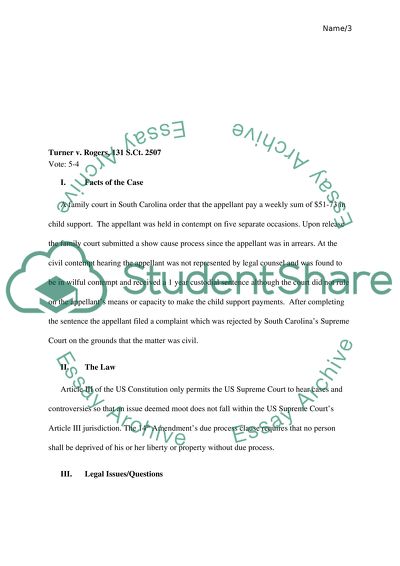Cite this document
(“Case brief 2 Research Proposal Example | Topics and Well Written Essays - 3000 words”, n.d.)
Retrieved from https://studentshare.org/law/1401515-case-brief
Retrieved from https://studentshare.org/law/1401515-case-brief
(Case Brief 2 Research Proposal Example | Topics and Well Written Essays - 3000 Words)
https://studentshare.org/law/1401515-case-brief.
https://studentshare.org/law/1401515-case-brief.
“Case Brief 2 Research Proposal Example | Topics and Well Written Essays - 3000 Words”, n.d. https://studentshare.org/law/1401515-case-brief.


